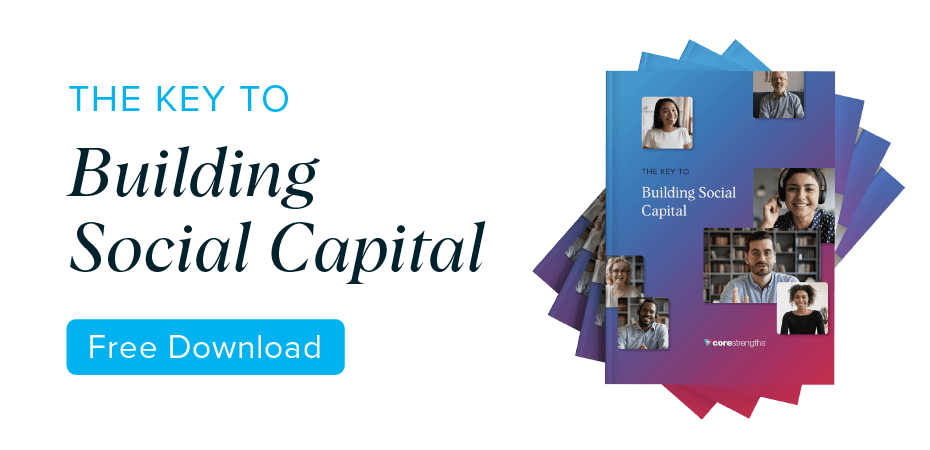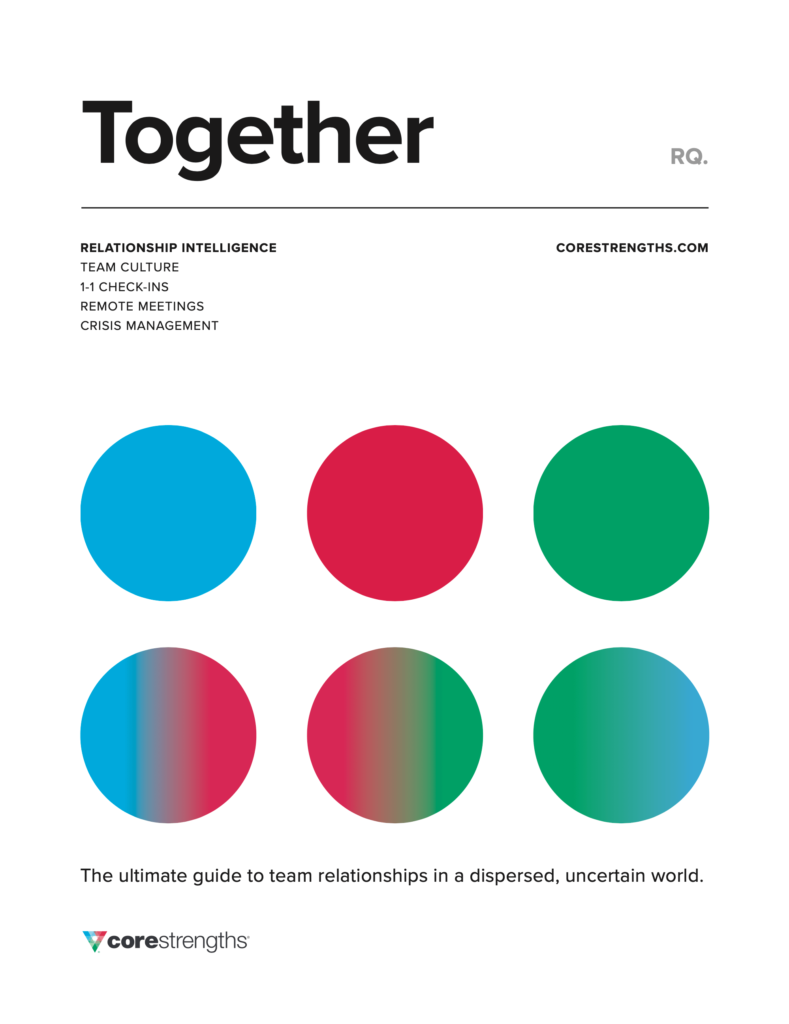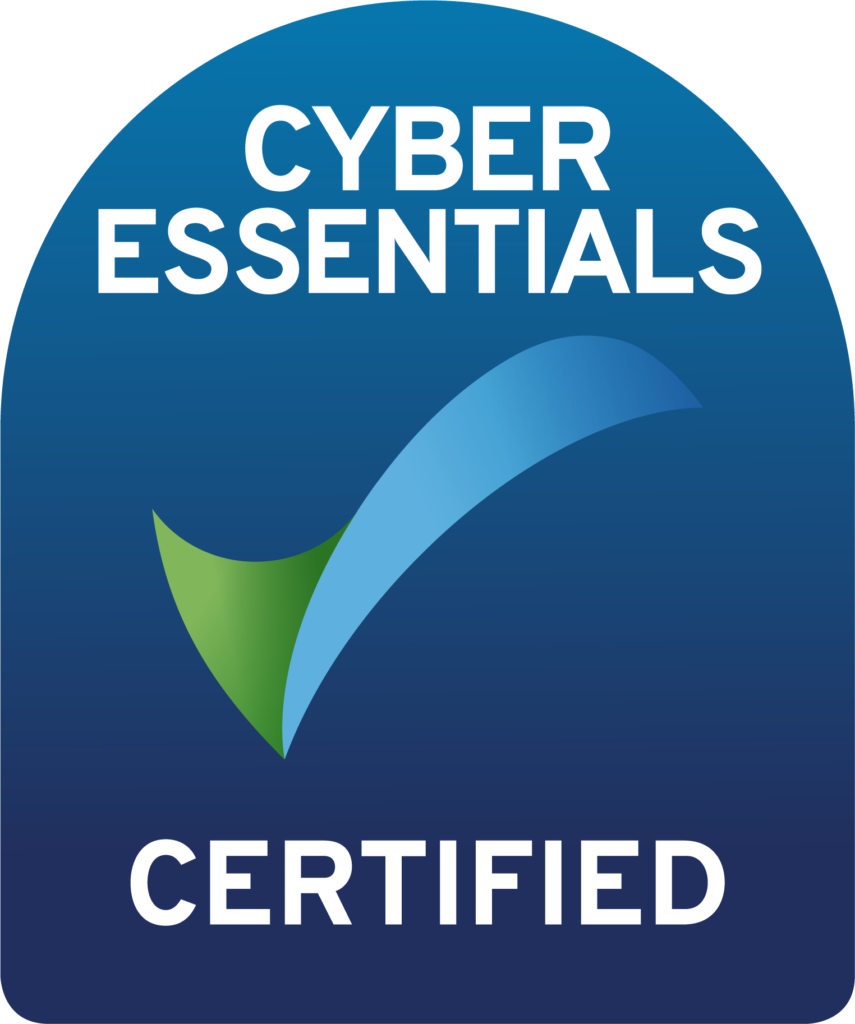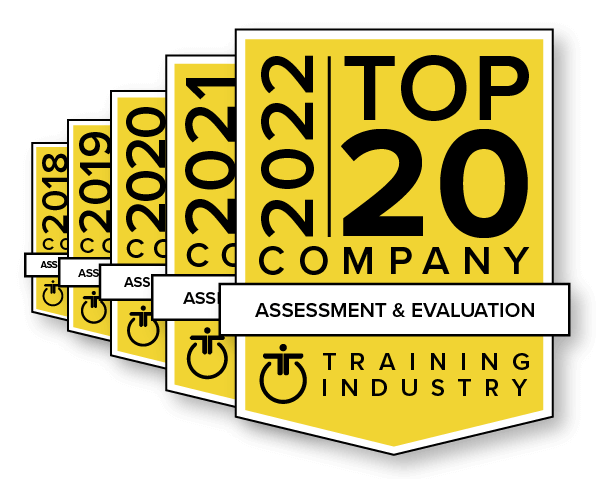“Between stimulus and response there is a space. In that space is our power to choose our response. In our response lies our growth and our freedom.”
Viktor Frankl
This time of year, we often make new year’s resolutions to improve some aspect of our lives. Rather than resolving to reduce screen time or lose ten pounds this year, what if your resolution was to be more free?
Many of us are not as free in our behavior as we think, reacting constantly to whatever stimulus the world throws at us—especially in online interactions. We are being controlled by our triggers, jerked around by other people’s words and behavior that usually have nothing to do with us.
Between stimulus and response there is a space. We constrain ourselves by forgetting that the space exists and that in it, we can choose to assume the other person’s positive intentions, otherwise known as maintaining positive regard. Resolving to maintain positive regard for others—even when their behavior triggers us—is resolving to be more free.
But maintaining positive regard isn’t just something you decide to do. In my experience, when teams at work just decide to assume others’ positive intentions, the result is performative and a lot of gossipy side conversations remain.
You need a process. First, learn to understand what causes you to lose positive regard for someone else through four perspectives: motives, conflict, strengths, and overdone strengths. Then, commit to putting that insight into practice in the space between stimulus and response.
Motives
Your motives are how you make sense of the world: your filter. According to Core Strengths research, people find a sense of purpose within three primary motives. When you take the SDI 2.0 assessment, you’ll get a full portrait of how all three blend in your personality, but even if you haven’t taken the assessment yet, keep reading. You’ll probably recognize yourself primarily in one of the primary motives.
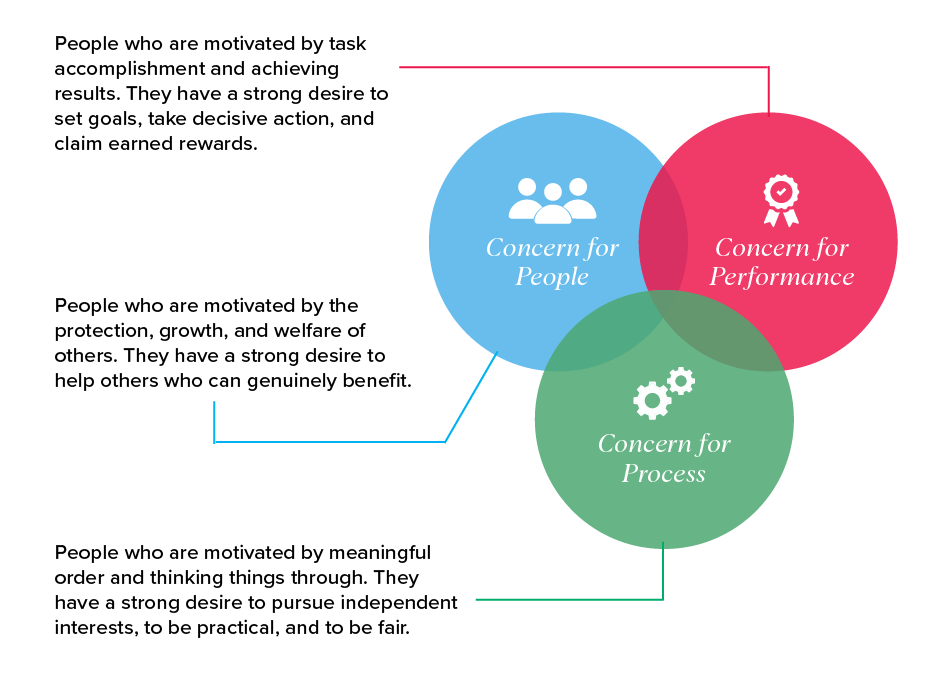
These three motives can prevent people from understanding that others simply see the world differently. For example, if your primary motive is process, and you’re working with someone whose primary motive is performance, they may want to move faster and take more risks than you’re comfortable with. You may see that as rash, self-serving, and even dangerous—and lose positive regard.
Understanding motives helps you maintain positive regard because you lose the expectation that everyone else will see the world the same way you do. Instead, you can allow them to be themselves and allow relationships with people different from you to enrich your life.
Conflict
If you don’t recognize the differences in viewpoint based on motive, that’s when conflict comes up. Everyone has a conflict sequence, or the tactics we employ to deal with conflict as it escalates:
- Accommodate the other person
- Assert or prevail over the obstacles
- Analyze and slow things down
The order depends on personality. If the first strategy doesn’t work, people will try the second strategy and the third as their last resort. If you know your conflict sequence, you can start to recognize when you’re going into your first stage of conflict and learn to pause for a beat in the moment between stimulus and response to think about the other person’s perspective.
If your first response to conflict is to accommodate and look for a win-win, then somebody who asserts may seem unwilling to give and someone who analyzes may seem unwilling to engage, so you lose positive regard.
But when you consider that the person who asserts needs to fully articulate their position before they can think about accommodating and the person who analyzes needs to take time to consider all the facts before they can think about accommodating, you can maintain positive regard.
And remember, unkind comments during a moment of conflict might get us a ‘win’ in the moment, but they also reinforce negative regard—and make us feel justified in our poor opinion of the other.
Strengths
We use certain strengths to live out our motives. In other words, we behave in certain ways according to how we make sense of the world.
These behaviors are choices, although they often don’t feel that way. We tend to choose the same strengths over and over because they have worked effectively for us in the past—and it can start to feel like we no longer are making a choice.
But sometimes, we go out on a limb and choose to behave in a way we don’t very often (for example, a typically shy person speaking up with confidence), and it feels vulnerable. We may worry about how we’ll come across to other people: arrogant or domineering. Believing that others will interpret your behavior in a negative light is another form of losing positive regard. And that belief can keep you in your comfort zone.
But stretching yourself to try things you’re less good at is central to personal growth. “It’s not my strength” isn’t an excuse not to try! To maintain positive regard, remember—in the space between stimulus and response—that people are very understanding of what you do just well enough, and not to assume they’re judging you.
Overdone strengths
Because of your unique personality, there are certain behavioral strengths you use effectively most of the time, but can also overdo. And there are some you will never overdo (the shy person would never talk over other people).
So, when you’re dealing with someone who overdoes a behavior in a way you never would, your line of thinking goes, “How could you ever…?!” instead of, “I would never…” This leads to a loss of positive regard.
The other person, just like you, has certain strengths they often use effectively, that they sometimes overdo. To maintain positive regard instead of judgment, remember that they have the best intentions in their approach, and that their behavior actually is a strength in other contexts, even if the impact is not effective for you right now.
Then, the relationship stays connected and you can approach them with appreciation and grace.
Maintain a stable sense of self
Joseph Grenny from Crucial Learning speaks to the importance of having “a stable sense of self and a generous view of others.” This blog has focused on a generous view of others, but a stable sense of self is an equally important piece of maintaining positive regard.
If you don’t have a stable sense of self, your sense of identity can be pulled all over the place and you may feel under attack all the time. You’re more likely to believe that your worst behaviors are who you are, rather than just something you did under a certain set of circumstances.
Everybody has a primary motive and they respond to conflict in three stages, and your version isn’t any better or worse than anyone else’s. In our days, we should expect collisions with personalities that engage with the world in radically different ways from ourselves—and rather than doubting ourselves in those moments, they can be moments of growth and fulfillment.
When someone engages with the world in a way you would never choose to engage, you now have the tools to pause in the space between stimulus and response, remind yourself of their positive intentions, and maintain your positive regard and your stable sense of self. Then, you have freedom to respond.
I wish you freedom in 2024! Happy New Year!
Learn more at CoreStrengths.com
